Description
Product description
Beta-Carotene is a high quality, natural, oil-based beta-carotene derived from carrots that is highly digestible in the intestines when taken. Betacarotene is a precursor of vitamin A.
Vitamin A is called an anti-cancer vitamin due to its powerful antioxidant properties and the fact that the main point of application of retinol as a biologically active substance actively involved in protein metabolism in the body is epithelial tissue, from which the risk of developing any cancerous tumor comes from. All our abdominal, integumentary and glandular organs are represented or lined with this tissue: the mucous membrane of the oral cavity, stomach, bladder, vascular endothelium, liver hepatocytes, sex glands, thyroid gland and other organs. The first signs of a lack of vitamin A or its precursors in the diet are manifested in a violation of a particular function carried out by an organ or tissue, and the more active their biological role is, the more pronounced the dependence of the violation on the degree of deficiency of retinol or its precursors. Signs of retinol deficiency are manifested in increased fragility of hair, nails, excessive dryness of the skin and all mucous membranes, accompanied by a violation of the regeneration of the epithelium and its atrophy. The acidity of gastric juice and its secretion decreases, dryness of the vaginal mucosa, oral cavity, eye cornea, impaired sperm production, egg maturation, abnormal growth of teeth and bone tissue appear.
Laboratory data may show an increased content of desquamated epithelium in urine, lung sputum, and vaginal smears.With a lack of retinol in the human body, a decrease in immunity is typical, which threatens the appearance of various abscesses, acne, frequent acute respiratory infections, pneumonia and other infectious diseases.
Beta-carotene is a precursor of vitamin A. Beta-carotene improves the functioning of the body's immune system and skin condition. Being a powerful antioxidant, betacarotene converts free radicals of oxygen molecules into normal molecules. Contributes to the preservation of vitamin C in the body. Improves cell metabolism.
The daily requirement of an adult healthy person in this provitamin is 6 mg (1 mg of vitamin A is equal to 3300 IU of vitamin A, 1 IU is equal to 0.3 μg of vitamin A or 0.6 μg of beta-carotene). The human body uses beta-carotene to synthesize vitamin A. It exhibits a pronounced antioxidant effect, helps reduce the risk of developing cancer and other diseases that occur due to increased environmental stress on a person, activates the functions of leukocytes and thereby helps prevent infectious and colds.
The activity of beta-carotene is 2 times lower than that of vitamin A, but since the body converts beta-carotene to vitamin A as needed, there is no danger of getting a toxic dose of vitamin A.
The most important properties of beta-carotene are its ability to turn into vitamin A (beta-carotene is a precursor of vitamin A) and antioxidant activity (beta-carotene is one of the most powerful natural antioxidants).
Providing the body with vitamin A is necessary to maintain the health of the organs of vision, reproductive system, and skin.It is known that beta-carotene is converted to vitamin A only when it is needed, so when taking beta-carotene there is no risk of side effects that are possible with vitamin A.
Indications for use:-
Prevention of cardiovascular and oncological diseases.
– Prevents thrombosis and promotes the resorption of blood clots, exhibits anti-atherosclerotic activity.
– Reduced immune status of the body, as well as environmentally unfavorable living conditions.
– Avitaminosis and hypovitaminosis.
– Eye diseases (retinitis pigmentosa, xerophthalmia, keratomalacia, etc.).
– Lesions and diseases of the skin, mucous membranes (frostbite, burns, trophic ulcers, extensive wounds, eczema, neurodermatitis, etc.).
– Beta-carotene is indicated for chronic diseases of the lungs, bronchi.
– Inflammatory, erosive and ulcerative lesions of the gastrointestinal tract, cirrhosis of the liver.
– Prevention of the formation of calculi of the biliary and urinary systems.
Contraindications: allergic reactions to carotenes contained in products such as carrots, sea buckthorn, peach, apricot, etc. In case of overdose, staining of the sclera, subcutaneous fat layer, excessively accumulated carotene is possible. You should not take beta-carotene with reduced thyroid function, as this disrupts the process of converting beta-carotene to vitamin A.
Storage conditions: Betacarotene should be stored in a cool dry place at room temperature.

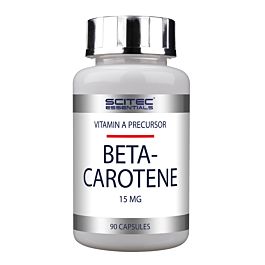
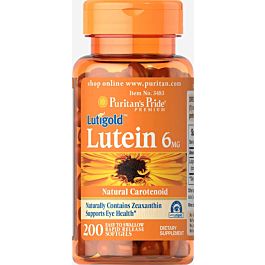
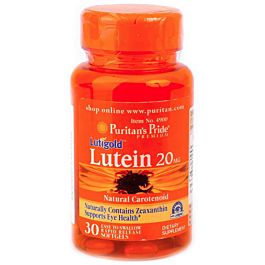
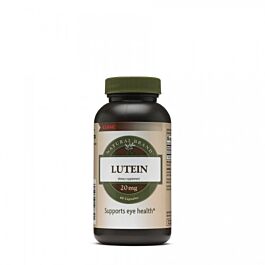
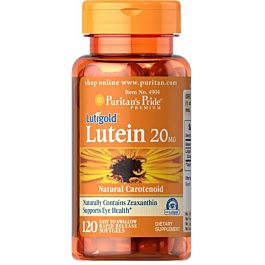
Reviews
There are no reviews yet.